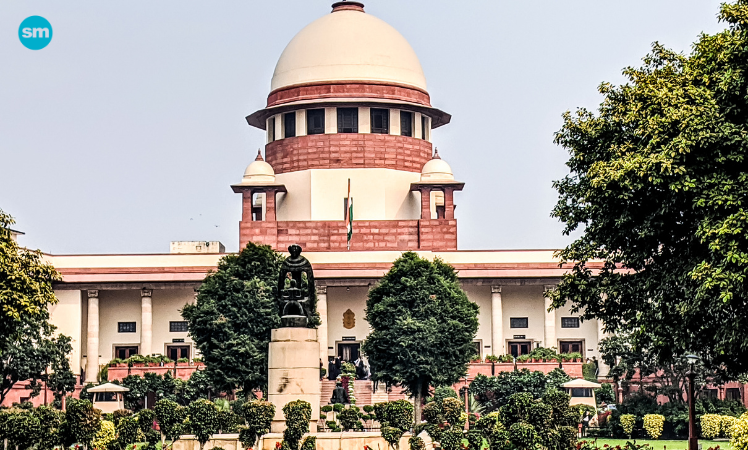Grounds For Full Custody Of Child After Divorce

Last Updated on January 23, 2024 by Lori Pace
What are the grounds that a child is entitled to full custody? Surprised to find out that custody is determined by the courts on a case-by–case basis. Even the smallest factors can play a part.
What Is Full Custody?
People often refer to full custody (or sole custody) when they mean legal and physical custody.
Legal Custody
This refers to the ability of a parent to make decisions regarding their child’s welfare. This can include where the child will go to school, what religion the child belongs to, and whether or not a child should be receiving certain types of medical care (not including emergencies, but just routine care like braces at an orthodontist).
Physical Custody
This is the place where a child will reside, during and after a parent’s divorce or separation. Legal custody is different from physical custody. The parent with physical custody has the right of the child to live in their home.
Joint Custody Agreement
A majority of people have joint custody arrangements. This means that both parents share legal custody. The right to make important decisions regarding the child. It also gives the rights to joint physical custody. The child spends a lot of time with both parents.
In some instances, however, it may be appropriate to give sole custody to one parent. These cases are the ones where one parent is entitled to all major decisions regarding health, education, and welfare. While the child lives with only one parent, visitation rights can be granted to the other parent.
When Are There Grounds For Full Custody Of A Child?
If one parent is currently in prison, in a drug rehabilitation program, or has been found to be an addict, the court may grant full custody to the other parent. Others cases could include:
- Sexual abuse
- Physical abuse
- Abduction
- Neglect
- Domestic violence
- The violation of court orders
- Parental alienation
If there is supporting evidence, the chances of a parent having sole custody of a child increase.
Factors that provide a good image of a custodial parent:
- Assist the child in moving on from the separation.
- Provides the best conditions for the fulfillment of the responsibilities of a parent.
- Follows the court’s parental orders during ongoing proceedings and afterwards.
Factors that could possibly deny the other parent of a child’s custody:
- Involvement in parental responsibilities is not encouraged.
- Non-conforming behavior that is against the court’s requirements.
- Financial incapability that limits the ability to support the child’s needs.
- Domestic violence against the child could be occurring in the home.
The statements listed above are just a few of many factors that could influence the court’s decision.
What If You Want Full Custody?
You must inform your attorney if you wish to have full custody. Also, be prepared to give valid reasons why the other parent should not have the right to make decisions regarding the children’s education, health, welfare, and health.
Most likely, your attorney will encourage you to work out a settlement with your spouse instead of telling you to go to court. This is because litigation (going to court for a fight) can be expensive and time-consuming. You won’t need to fight the court if you and your spouse reach an agreement. This means that either one of you will have full custody or you will share joint custody.
The judge will only approve of your agreement if it is in the best interests of your child. You can’t claim full custody unless you believe you have the grounds. The judge will make that decision. If you and your spouse agree on who should have custody but the court disagrees, you will have a joint custody arrangement.
What Is Considered An Unstable Home For A Child?
One of the element that the court will consider when it comes to grounds for full custody of a child is whether the living space is unstable. The home is considered not physically safe or supportive is when it may have no heat, electricity, water, sewer disposal. The house may be in general ill repair.
The second physical instability comes from the physical interactions that occur between family members. A child may be exposed to a physically threatening environment, like an abuse, where items are thrown, broken, or used to demonstrate fear and anger.
Do You Have Grounds For Full Custody Of A Child?
When deciding on custody for a child, the court will consider their best interests. This applies to both one parent and both. The court will try to ensure that siblings stay together if there are more than one child. Custody cases should minimize the negative impact on the children’s lives.
Both parents should be able to share their responsibilities while still being involved in the lives and care of their children. However, the family court may decide to grant full custody to one parent if necessary. This is based on the legal grounds.








